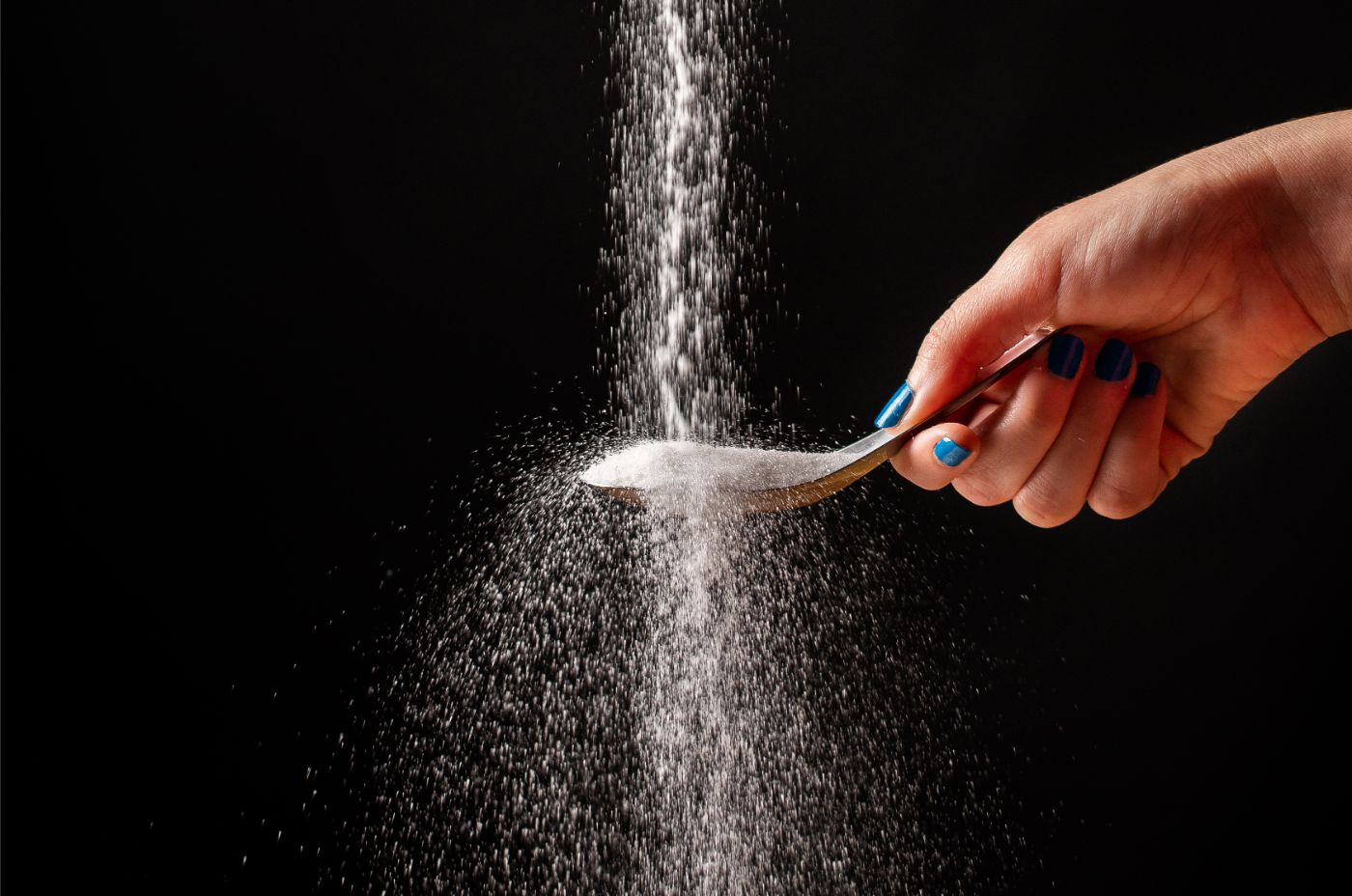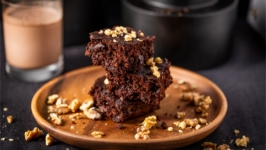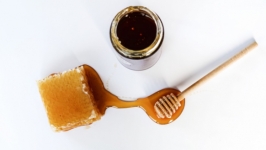Breaking the Sugar Habit
“Sugar is as addictive as cocaine.” This bold statement made headlines several years ago, the result of a study published by the British Journal of Sports Medicine. For some it may come as a relief to hear we have no biological control when it comes to that box of artisan donuts, quickly blaming the sugar addict hidden within us all. Others take the opposite approach, cutting out sugar cold turkey to remain in control. But the question of what sugar and illegal drugs have to do with each other still remains. How can a food we use to celebrate our toddler’s birthday and job promotions be so threatening?
So here is the deal. Sugar affects our brains in a similar way to a micro-dose of mind-altering drugs. It lights up the pleasure centers in our brain, releasing dopamine and other feel-good chemicals. As those chemicals are released, we feel the “high” and are apt to continue to seek that “high’ despite any potential consequences. Sugar plays on a biological pathway that can only be described as one thing, addiction.
Most scientists agree that we can blame the little caveman portion of our brains for that extra doughnut dozen. The prehistoric nomad within still searches for foods high in calories that make us feel all warm and fuzzy. Fast forward to present day, and that inherent trigger for sweets still haunts us. So here we are, surrounded in every direction by foods filled with sugar that keep us coming back for more. Beyond the typical cakes, cookies and other desserts, sugar is now added to tomato sauces, peanut butter, salad dressings and myriad other savory foods to play on that sweet addiction. Even if you believe you adhere to a healthy diet, turns out you may be consuming much more sugar than you realize.
The harm of having excess sugar in our diet boils down to its general lack of nutrients, or empty calories, and how conditioned we are to overeat it. In fact, it has been shown that the more sweet foods we eat in our day-to-day diet, the more we crave. But there is hope. If we reduce the amount of daily sugar, sweeter foods will taste sweeter and the cravings tend to subside.
Advice on how to navigate this sticky sweet situation usually begins with a sugar detox. Removing the obvious sugary culprit helps decrease cravings, limit those empty calories and normalizes our palates to less sweetened tastes. If you aren’t quite ready to go cold turkey, being conscious of your sugar intake and aware of its grip on your taste buds is the first step to recovery.













